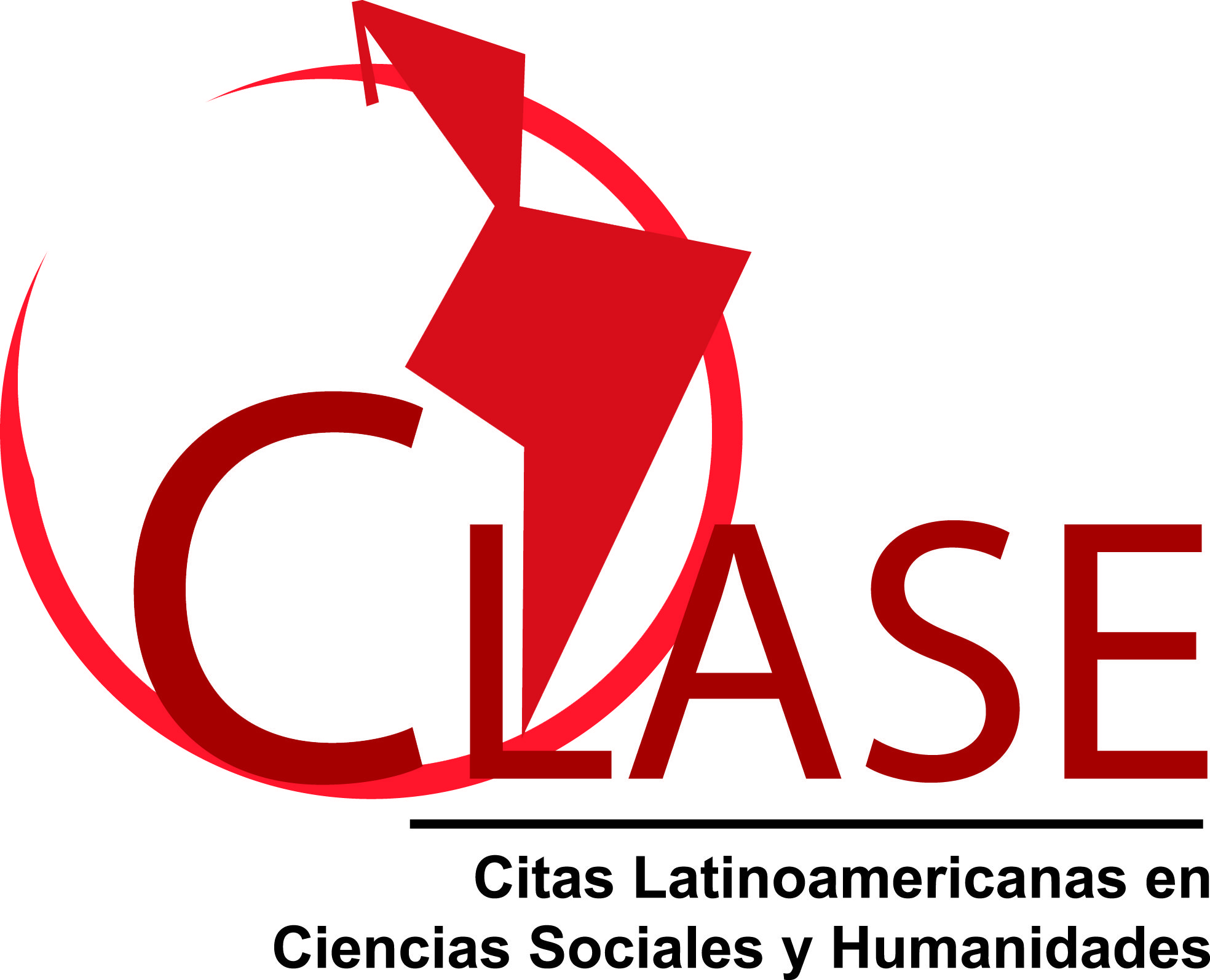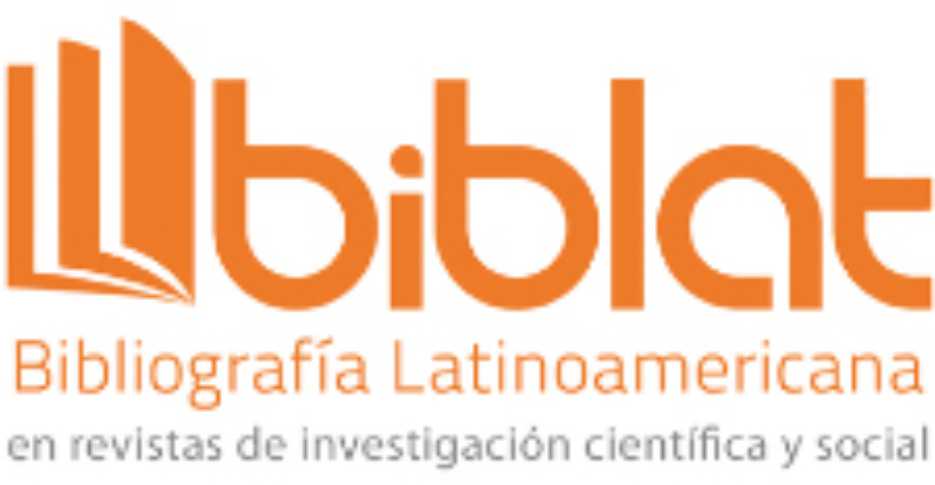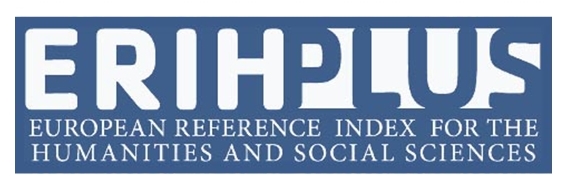Globalization through oil and gas: central Asia’s predicament
Resumen
Ever since Central Asian republics became independent after the collapse of the Soviet Union, oil and gas resources have been instrumental in helping them take part in the process of globalization. This article provides an overview of the way this has created both opportunities for and obstacles to political change in the region. The first part investigates the relationship between oil, gas, and state-building in the new geopolitical context that emerged in the 1990s. The second part examines the geo-economic opportunities created in the 2000s to unlock the area through regional energy cooperation. The third and last part assesses the impact of oil and gas revenues on domestic policy and transition to democracy in the 2010s. In short, with agreements on oil and gas extraction, production and export, Central Asian republics have succeeded in gaining political visibility on the international stage, and in improving their position in the global economy. But at the same time, Central Asian leaders have resisted political reforms and strengthened their authoritarian regimes, thereby creating the risks of growing political dissent and instability in the region.
Referencias
AKINER, Shireen, “Turkmenistan’s Pipeline Strategy: Building a Diversified Export Infrastructure,” The Astana Times, November 17, 2015.
ALIYEV, Ilham, “Speech by Ilham Aliyev at signing ceremony of new agreement on Azeri-Chirag-Gunashli oilfields,” President of the Republic of Azerbaijan, News, Speeches, September 14, 2017. Available at: https://en.president.az/articles/25244
ALIYEV, Ilham, “Ilham Aliyev attends solemn ceremony celebrating two billion tons of oil production in Azerbaijan,” President of the Republic of Azerbaijan, News, Events, November 8, 2017. Available at: https://en.president.az/articles/25789
ALIYEV, Ilham, “Ilham Aliyev attended official opening ceremony of Southern Gas Corridor,” President of the Republic of Azerbaijan, News, Events, May 29, 2018. Available at: https://en.president.az/articles/28797
ALIYEV, Ilham, “Speech by Ilham Aliyev at the official military parade on the occasion of the 100th anniversary of the armed forces,” President of the Republic of Azerbaijan, News, Speeches, June 26, 2018. Available at: https://en.president.az/articles/29538
ATKINSON, David, “Globalization,” in Patrick James, International Relations, Oxford Bibliographies, 2011. Available at: http://www.oxfordbibliographies.com/page/international-relations
BAGIROV, Sabit, “Azerbaijan Strategic Choice in the Caspian region,” in Gennady Chufrin (ed.), The Security in the Caspian Sea Region, Oxford: Oxford University Press, 2001, pp. 178-194.
BATSAIKHAN, Uuriintuya, and DABROWSKI, Marek “Central Asia at 25,” Bruegel Policy Paper, No.13, May 2017, 22 p.
BAYULGEN, Oksan, “Foreign Capital in Central Asia and the Caucasus: Curse of Blessing?,” Communist and Post-communist Studies, Vol. 38, No. 1, March 2005, pp. 49-69.
BERDUMUHAMEDOV, Gurbanguly, “President Gurbanguly Berdumuhamedov takes part in the V Summit of the Heads of Caspian States,” Turkmenistan Today (State News Agency of Turkmenistan), August 12, 2018.
BERDUMUHAMEDOV, Gurbanguly, “Presentation of the book of President Gurbanguly Berdimuhamedov “On the Way to Achievement of the Sustainable Development Goals in Turkmenistan,” Turkmenistan Today, September 21, 2018.
BERDUMUHAMEDOV, Gurbanguly, “Gazprom: Turkmenistan is traditional partner of Russia in gas sphere,” Turkmenistan Today, October 9, 2018.
Bertelsmann Foundation, BTI 2018 Country Report, Azerbaijan, Gütersloh: Bertelsmann Stiftung, 2018, 45 p.
BLUM, Douglas, “Globalization and the Caspian Region,” Caspian Studies Program, “Caspian Conference Report: Succession and Long-term Stability in the Caspian Region.” BCSIA (Belfer Center for Science and International Affairs), Harvard University, November 30, 2000.
BLUM, Douglas, “Why Did Lukoil Really Pull Out of the Azeri-Chirag-Guneshli Oilfield?,” PONARS Policy Memo 286, January 2003, 6 p.
BOHR, Annette, “Regionalism in Central Asia: new geopolitics, old regional order,” International affairs, May 2004, Vol. 80, No. 3, pp. 485-502.
BOHR, Annette, “Turkmenistan: Power, Politics and Petro-Authoritarianism”, Research Paper, Chatham House, the Royal Institute of International Affairs, March 2016, 98 p.
BOSSUYT, Fabienne, “The European Union’s Political and Security Engagement with Central Asia: How to Move Forward,” The Central Asia-Caucasus Analyst, September 6, 2017.
British Petroleum Statistical Review of World Energy, July 2018. Available at: https://www.bp.com/content/dam/bp/en/corporate/pdf/energy-economics/statistical-review/bp-stats-review-2018-full-report.pdf
BURGHART, Daniel, SABONIS-HELF, Theresa, Central Asia in the Era of Sovereignty: The Return of Tamerlane?, London: Lexington Books, 2018, pp. 463-465.
Chevron, Official website, https://www.chevron.com/
China National Petroleum Company (CNPC), Official website, http://www.cnpc.com.cn/en/index.shtml
COOLEY, Alexander, “Globalization Only Enriched and Empowered Autocrats,” Foreign Policy Symposium on 25th Anniversary of Soviet Collapse, December 22, 2016.
COOLEY, Alexander, and HEATHERSHOW, John, Dictators without Borders, Power and money in Central Asia, New Haven, Yale University Press, 2017, 312 p.
CORNELL, Svante, Asserting Statehood: Kazakhstan Role in International Organizations, Silk road Paper, Central Asia-Caucasus Institute & Silk Road Studies Program, Washington D.C., December 2015, 72 p.
European Commission, Green Paper, Toward a European Strategy for the Security of Energy Supply, Brussels, 2000, COM(2000) 269 final, 105 p.
European Commission, Joint EU-Azerbaijan Declaration on the Southern Corridor, Baku, January 13, 2011, 2 p.
European Commission, European Energy Security Strategy, Brussels, May 28, 2014, COM(2014) 330 final, 24 p.
European External Action Service, “EU-Azerbaijan Relations,” Energy cooperation. See: https://eeas.europa.eu/headquarters/headquarters-homepage_lt/4013/EU-Azerbaijan%20relations
Eurostat, “Main origin of primary energy imports, EU-28, 2006-2016,” August 2018.
European Union, Memorandum of Understanding on a Strategic Partnership between the European Union and the Republic of Azerbaijan, Brussels, November 7, 2006, 13 p.
European Union, Memorandum of Understanding on Cooperation between the European Union and the Republic of Kazakhstan, Brussels, November 7, 2006, 5 p.
Extractive Industries Transparency Initiative (EITI), Official website, https://eiti.org/
FRANKE, Anja, GAWRICH Andrea, and ALAKBAROV Gurban, “Kazakhstan and Azerbaijan as Post-Soviet Rentier States: Resource Incomes and Autocracy as a ‘Double Curse’ in Post-Soviet Regimes,” Europe-Asia Studies, Vol. 61, No. 1, January 2009, pp. 109-140.
Freedom House, Nations in Transit, 2013, 2018. Available at: https://freedomhouse.org/report-types/nations-transit
GULIYEV, Farid “Political Elites in Azerbaijan,” in Andreas Heinrich and Heiko Pleines (eds.), Challenges of the Caspian Resource Boom. Domestic Elites and Policy-Making, Houndmills: Palgrave Macmillan, 2012, pp. 117-130.
GURASSOVO, Anna, “Leadership Shuffle in the Kazakh Armed Forces: What is Behind these Changes?,” Eurasia Daily Monitor, May 24, 2018.
GURSES, Mehmet, “State-sponsored development, oil and democratization,” Democratization, Vol. 16, No. 3, June 2009, pp. 508–529.
HEINRICH, Andreas, and PLEINES, Heito (eds), Export Pipelines from the CIS Region, Geopolitics, Securitization, and Political Decision-Making, Stuttgart: Verlag Press, 2014, 300 p.
Human Right Watch, Country Summary, Turkmenistan, January 2018. Available at: https://www.hrw.org/world-report/2018/country-chapters/turkmenistan
IPEK, Pinar, “The Role of Oil and Gas in Kazakhstan’s Foreign Policy: Looking East or West?,” Europe-Asia Studies, November 2007, Vol. 39, No. 7, p. 1184.
KAMRAVA Mehran, “State-Building in Azerbaijan: The Search for Consolidation,” Middle East Journal, Vol. 55, No. 2, Spring 2001, pp. 216-236.
KazMunaiGas, Official website, http://www.kmg.kz/eng/.
KANGAS, Roger, “Problems of State-Building in the Central Asian Republics,” World Affairs, Summer 1994, Vol. 157, No. 1, pp. 32-33.
KUBIAK, Mateusz, “Caspian Summit: Consequences for the Region,” Warsaw Institute, Special Report, September 14, 2018, 8 p.
KUCHINS, Andrew, MANKOFF, Jeffrey, and BARKES, Oliver, Azerbaijan in a Reconnecting Eurasia, Foreign Economic and Security Interests, A CSIS Report, Rowman and Littlefield, June 2016, 44 p.
KUKUTSCHKA, Roberto, “Azerbaijan: Overview of corruption and anti-corruption,” Anti-Corruption Help Desk, Transparency International, September 1, 2017, 15 p.
LEE, Yusin “Opportunities and risks in Turkmenistan’s quest for diversification of its gas export routes,” Energy Policy, Vol. 74, November 2014, pp. 330-339.
MCGLINCHEY, Eric, Chaos, Violence, Dynasty, Politics and Islam in Central Asia, Pittsburgh: University of Pittsburgh Press, 2011, 232 p.
MILOV, Vladmir, “Ups and downs of the Russia-Turkmenistan relationship,” in Adrian Dellecker and Thomas Gomart (eds.), Russian Energy Security and Foreign Policy, Abingdon: Routledge, 2011, pp. 89-106.
National Bank of Kazakhstan, Official website, http://www.nationalbank.kz/
NAZARBAYEV, Nursultan, “Nazarbayev Meets with Chinese President, Businesses in Beijing,” Astana Calling, a weekly publication online of the Kazakh ministry of Foreign Affairs, June 15, 2018. Available at: http://mfa.gov.kz/files/5b233cd2957be.pdf
NAZARBAYEV, Nursultan, “Nursulan Nazarbayev speech at the 25 years anniversary of TCO in Kazakhstan,” TCO News, May 10, 2018. Available at: http://www.tengizchevroil.com/
NAZARBAYEV, Nursultan, Speech at the General Assembly of the United Nations, New York, September 28, 2015 (70th session). Available at: https://gadebate.un.org/en/70/kazakhstan
NIQUET, Valérie, “China and Central Asia”, China Perspectives, No. 67, September-October 2006, pp. 2-10.
NURGALIYEVA, Lyailya, “Kazakhstan economic soft-balancing policy vis-à-vis Russia: From the Eurasian Union to economic cooperation with Turkey,” Journal of Eurasian Studies, Vol. 7, No. 1, January 2016, pp. 92-105.
ÖGE, Kerem, “Geopolitics and revenue transparency in Turkmenistan and Azerbaijan,” Eurasian Geography and Economics, Vol. 56, No. 1, June 2015, pp. 1-22.
OLCOTT, Martha, Russia, Central Asia and the Caspian, How Important is the Energy and Security Trade-off?, Rice University, James Baker Institute for Public Policy, Energy Forum, May 2009, 31 p.
ORAZGALIYEV, Serik, “State intervention in Kazakhstan’s energy sector: Nationalisation or participation?,” Journal of Eurasian Studies, Vol. 9, No. 2, June 2018, pp. 143-151.
PEYROUSE, Sébastien, “Chinese Economic Presence in Kazakhstan,” China Perspectives, 2008, No. 3, pp. 43-45.
PIRANI, Simon, “Let’s not exaggerate: Southern Gas Corridor prospects to 2030,” Oxford Institute for Energy Studies, July 2018, 25 p.
ROSS, Michael, “Does Oil Hinder Democracy?,” World Politics, April 2001, Vol. 53, No. 3, pp. 325-361.
ROSS, Michael, “What Have We Learned about the Resource Curse,” Annual Review of Political Science, May 2015, Vol. 18, No. 1, pp. 239-259.
SKALAMERA, Morena, “Russia’s Lasting Influence in Central Asia,” Survival, Vol. 59, No. 6, 2017, pp. 123-142.
SMITH, Benjamin, “Oil Wealth and Regime Survival in the Developing World, 1960-1999”, American Journal of Political Science, Vol. 48, No. 2, April 2005, pp. 232-246.
State Oil Fund of the Republic of Azerbaijan (SOFAZ), Official website, http://www.oilfund.az/en_US/
State Oil Company of the Azerbaijan Republic (SOCAR), Official website, http://www.socar.az/socar/en/home
Stockholm International Peace Research Institute (SIPRI), Military Expenditure Database. Available at: https://www.sipri.org/databases/milex
Transparency International, Official website, https://www.transparency.org/
World Bank, Trends in developing economies extracts, Volume 1, Eastern Europe and Central Asia, Washington D.C., 1993.
World Bank, “The Economy is Rising: It is Still all About Oil,” Kazakhstan, Country Economic Update, Fall 2017, 21 p.
WRIGHT, Joseph, FRANTZ, Erica and GEDDES, Barbara, “Oil and Autocratic Regime Survival,” British Journal of Political Science, Vol. 45, No. 2, April 2015, pp. 287-306.
DOI: http://dx.doi.org/10.32399/rtla.13.47.897
Enlaces refback
- No hay ningún enlace refback.

TLA-MELAUA por Benemérita Universidad Autónoma de Puebla se distribuye bajo una Licencia Creative Commons Atribución-NoComercial-CompartirIgual 4.0 Internacional.
Basada en una obra en www.tlamelaua.buap.mx.








